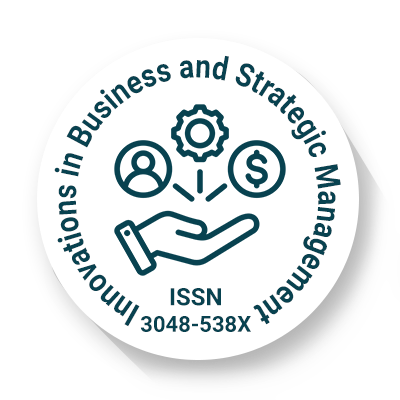
Innovations in Business and Strategic Management
OPEN ACCESS

OPEN ACCESS

Department of Urban Innovation, Tohoku University, Sendai, Japan
Japan’s frequent seismic activity has driven continuous innovation in disaster preparedness. This case study investigates the application of Digital Twin (DT) technology to enhance earthquake resilience in Sendai City, a region with significant seismic risk. The study presents a hybrid system combining real-time seismic sensor data, urban infrastructure models, and predictive simulation tools to replicate city-scale responses. The DT model was tested using historical earthquake scenarios and evaluated for response accuracy, early warning capability, and emergency route optimization. Results demonstrate improved situational awareness and decision-making efficiency compared to traditional systems. The integration of IoT and cloud-based analytics further strengthens the model’s real-time responsiveness. This research highlights the potential for Digital Twin systems to revolutionize urban disaster management in seismic zones. The findings support broader implementation across earthquake-prone regions and contribute to Japan’s national strategy for smart, resilient cities.
Department of Urban Innovation, Tohoku University, Sendai, Japan